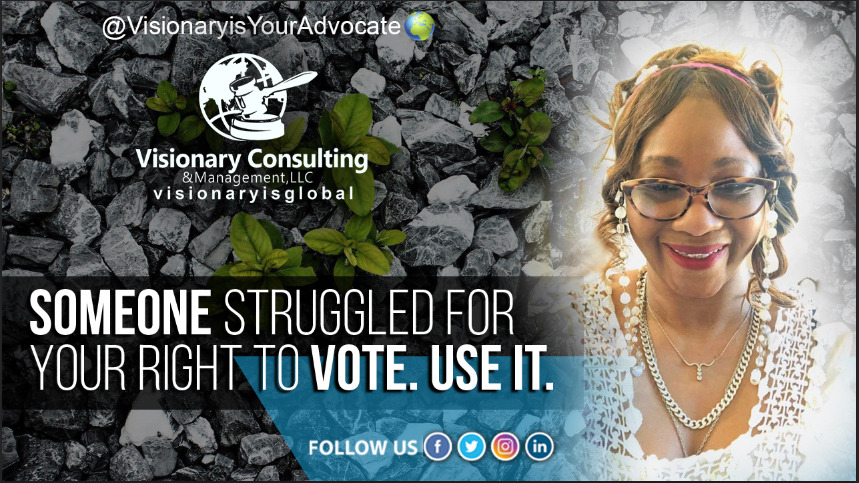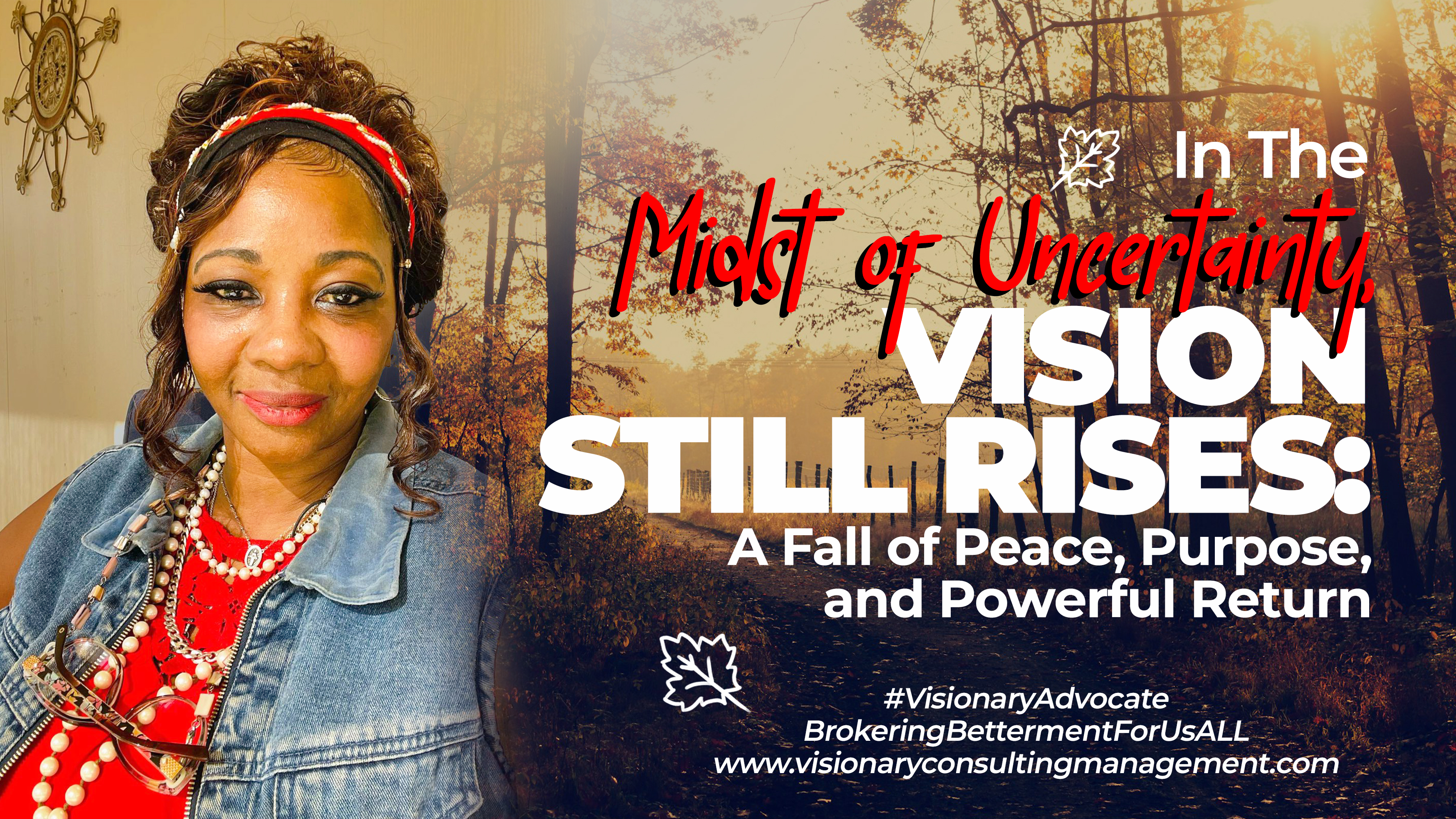
Someone Struggled for your Right to Vote. Use it.
“Someone Struggled for your Right to Vote. Use it.”
As 59th quadrennial presidential elections are approaching near, in this blog, I will share the history of hard-fought voting rights by Women and people belonging to non-white races in the USA.
The struggle for women’s suffrage had begun long ago, when, in 1848, participants in the first women’s rights conference at Seneca Falls in New York slightly endorsed the decision that women should seek the right to vote. August 18, 2020 marks the 100th anniversary of the birth of the United States Constitution, which gives women the right to vote.
However, barriers such as voting taxes, literacy tests and other discriminatory voting laws will keep black women (and men) deprived of their rights for another 45 years, until the Voting Rights Act is signed on August 6, 1965.
Let us discuss in brief about the Social reforms made in the constitution for voting rights for women and people from other races.
- In 1776 the Declaration of Independence was signed. The right to vote during the Colonial and Reformation period was limited to landowners – most of whom were white Protestant men over the age of 21. However, the New Jersey constitution for the same year allowed all adults who owned certain property, including women.
- In 1787, the US Constitution was adopted. Because there is no agreement on the national standard for voting rights, countries are empowered to regulate their own voting laws. In most cases, voting remains in the hands of white male landowners.
- In 1790, the Environmental Management Act was passed. It makes it clear that only “free white” immigrants can be ordinary citizens.
- In 1792, New Hampshire became the first state to abolish its property needs, thus extending the right to vote for almost all free white men.
- In 1807, in New Jersey, when some African-American women and women were allowed to vote since 1776, they changed their laws to allow only taxpayers, white male citizens, the right to vote.
- In 1828, Maryland became the last nation to remove religious barriers when it passed. White men can no longer be deprived of the right to vote according to their religion.
- In 1848 a women’s rights conference was held in Seneca Falls, New York. The newspaper’s editor-in-chief Frederick Douglass attends and delivers a speech in support of voting rights around the world, which helps convince the conference to accept a resolution calling for women suffering.
- In 1856, North Carolina was the last country to remove property ownership as a voting requirement.
- In 1868, 14th Amendment to the US Constitution was passed. Citizenship is defined and granted to those who were former slaves. Voters, however, are clearly defined as men. Although the amendment prohibits countries from denying citizenship rights, voting regulation remains in the hands of the provinces.
- In 1870, 15 amendments were passed. It states that the right to vote cannot be denied by the federal or state governments on the basis of race. However, shortly thereafter, other states began implementing measures such as voting taxes and literacy tests that bar the true power of African Americans from registering to vote. Violence and other intimidation tactics are also used.
- In 1872, social activist and women’s rights activist Susan B Anthony was arrested and tried in Rochester, New York, for attempting to vote in a presidential election. At the same time, Sojourner Truth, a former slave and advocate for justice and equality, appeared at a polling station in Grand Rapids, Michigan, seeking a vote. She has been turned away.
- In 1876, the Supreme Court ruled that Native Americans are not citizens as defined by the 14th Amendment and, as such, cannot vote.
- In 1882, the Chinese Exemptions Act barred people of Chinese descent from becoming US citizens.
- In 1887, the Dawes Act was passed. It gives Native Americans a nationality that transcends their international integration.
- In 1890, Wyoming was recognized as a state and became the first country in the country to have a women’s law constitution.
- In 1890, the Indian Naturalization Act granted citizenship to Native Americans their approved applications – similar to the process of importation.
- In 1912-13, women led a voting rights march through New York and Washington, DC.
- In 1919, Native Americans serving in the military during World War I were granted US citizenship.
- In 1920, the 19th Amendment passed, giving women the right to vote in national and provincial elections.
- In 1922, the Supreme Court ruled that Japanese citizens are not eligible for citizenship. The following year, the court finds that “Asian Indians” are also unfit to discover the environment.
- In 1924, the Indian Citizenship Act granted citizenship to Native Americans, but many claimed to have enacted laws and policies that barred Native Americans from voting.
- In 1926, while trying to register to vote in Birmingham, Alabama, a group of African American women was beaten by election officials.
- In 1947, Miguel Trujillo, a native of the United States and a former Marine, accused New Mexico of not allowing him to vote. He is successful and New Mexico and Arizona are required to vote for all Native Americans.
- In 1952, the McCarran-Walter Act gives all citizens of Asian descent the right to become citizens.
- In 1961, it grants citizens of Washington, DC the right to vote for a US president. But to this day, the citizens of the region – nearly half of whom are African-Americans – still do not have the right to vote in Congress.
- In 1963, major efforts in the South to register African Americans to vote were intensified. However, state officials refused to allow African Americans to register through voting taxes, literacy tests and threats of violence. Among the initiatives launched was the Freedom Summer, where nearly a thousand human rights activists of all races and backgrounds gathered in the south to support voting rights.
- In 1964, the 24th Amendment was passed. It guarantees that the right to vote in state elections will not be denied for failing to pay any taxes.
- In 1965, the Voting Rights Act was passed. It prohibits countries from imposing discriminatory restrictions on who can vote, and provides government mechanisms to enforce their provisions.
- The Voting Rights Act of 1965 and subsequent laws passed in 1970, 1975 and 1982 created strong voting protections to allow Native Americans to vote without intimidation, literacy tests, voting taxes and fraud.
- In 1966, human rights activist James Meredith was injured by a gunman during a single “Walk Against Fear” march between Tennessee and Mississippi. The next day, about 4,000 Native Americans registered to vote. Other civil rights leaders such as Martin Luther King, Jr. and Stokely Carmichael continue the march while Meredith is here. Meredith also joined the march at its conclusion in Mississippi.
- In 1971, 26 Amendments were passed, voting rights were granted to 18-year-olds. The amendment is mainly the result of Vietnam’s military protests demanding a reduction in voting age with the view that people who are old enough to fight are old enough to vote.
- In 1975, amendments to the Voting Rights Act require that certain voting materials be printed in languages other than English so that people who do not learn English can participate in the voting process.
- In 1993, the National Voting Registration Act was passed. It aims to increase the number of eligible citizens who register to vote by making registration available to the Department of Motor Vehicles, as well as community and disability services.
- In 2000, a month before the presidential election, a federal court ruled that Puerto Ricans living in Puerto Rico, despite being US citizens, would not vote for a US president. Citizens of U.S. territories including Puerto Rico, Guam, American Samoa and the US Virgin Islands – a total of 4.1 million people – are unable to vote in the presidential election and have no voting representatives in the US Congress.
- In 2001, the National Commission on Federal Election Reform recommended that all provinces allow criminals to regain voting rights after completing their criminal sentences.
Nearly four million U.S. citizens are unable to vote because of past crimes. In many provinces, criminals are not allowed to vote while in prison or on parole. In some provinces, especially in the South, a convicted felon is permanently barred from voting in that case. These laws are the legacy of post-war effort efforts to prevent African Americans from voting. Ex-felons in particular are poor and uneven in color.
- In 2002, to resolve election inconsistencies and high voting standards, the Help America Vote Act (HAVA) was passed in response to the 2000 presidential election, which was contested. A major voter reform effort requires countries to comply with the organization’s provisional voting authority, access to the disabled, inclusion, electronic voting list, electronic voting and the requirement for first-time voters to produce identification before voting.
- In 2009, this initiative created the most effective ways for soldiers stationed overseas and abroad to solicit and receive non-postal or electronic votes.
- In 2013, the Supreme Court weakened a law that guaranteed the unity government to oversee reforms in voting systems in constituencies with a history of discriminating against minority voters. Today, vote-rigging tactics, including voter registration, strict rules for identifying voters, reducing the number of polling stations and cutting voting times, deny many Americans the right to vote.
Latest News. From our blog

In the Midst of Uncertainty, Vision Still Rises: A Fall of Peace, Purpose, and Powerful Return
In a world where headlines are often heavy and hearts carry unseen battles, it's easy to feel like hope is slipping through our fingers. War, division, economic uncertainty there’s no denying tha...

A Stronger Return: Visionary’s Season of Alignment, Growth & Purpose
Seasons change and so do we. At Visionary Consulting Management, this pause has been intentional, powerful, and rooted in purpose. As we take time to refine, realign, and rebuild, our focus r...

A Season of Renewal: Visionary’s Journey to an Even Greater Future
A Season of Renewal: Visionary’s Journey to an Even Greater Future Life has a way of reminding us to pause, reflect, and come back even stronger. And that’s exactly what’s happening at Vi...
